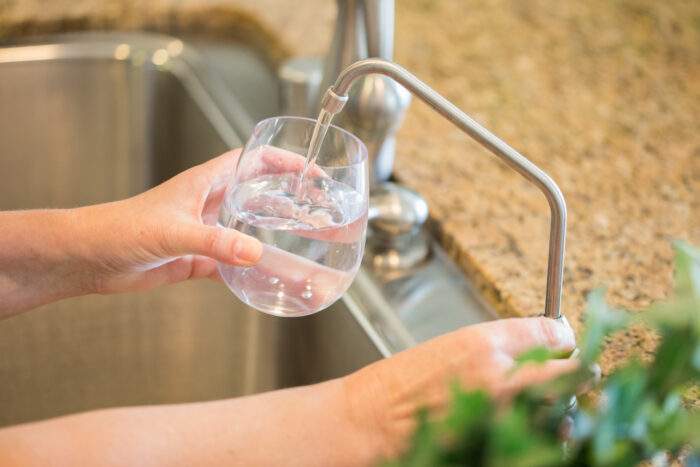Debunking 6 Common Water Filtration Myths

Did you know that more than 50 percent of thousands of Americans believe that drinking unfiltered tap water is a serious health risk? Nearly half of those polled said they’d rather drink from the bottle than straight from the faucet.
It’s scary to think that most Americans believe false information about water purity. Many are led to believe that the water in their home is not safe to drink.
It’s time to start calling these common water filtration myths what they are – lies. Here are the most common rumors about filtration, and why they are incorrect.
Read on!
1. It Is Necessary to Filter All Water for Drinking
There is a common misconception that all water needs to be filtered for drinking. Many cities have developed effective water treatment systems that make their water safe. It is not necessary to filter that water any further.
The Environmental Protection Agency (EPA) has determined that most public water systems are safe. The local water may already be tested and certified as safe.
Filtering water can also add unwanted minerals, such as sodium and fluoride. It makes the water even less safe than tap water.
2. Boiling Water Is an Effective Way to Purify Water
While boiling does help kill bacteria, the process does not remove the debris, sediments, and dissolved minerals from the water. The most economical and safest way to purify water is to use home water filtration systems.
3. Water Filtration Is Not as Expensive as Many Believe
Water purification system doesn’t have to be expensive. In fact, it can often be more economical and easier than many people believe. Many types of water filters today are affordable and cost-effective, compared to bottled water, which is increasingly growing in cost and price volatility.
Depending on the size of the filtration system, many homeowners can save money over time by investing in a quality water filtration system.
4. Carbon-Based Filters Are Effective Against All Contaminants in Your Water
While carbon filters are effective at trapping certain contaminants in the water, such as chlorine and sediment, there are other waterborne contaminants that are not effectively removed by carbon filters.
These include viruses, bacteria, pharmaceuticals, and metals such as lead, as carbon filters do not contain the technology to trap these contaminants. It’s important to select the right type of filter based on the contaminants in your local water.
5. You Do Not Have to Replace a Water Filter System After Every Use
As long as the filter is not clogged or compromised, you do not need to replace it. Many residential water filter systems are designed to have long life cycles, with certain filters going over six months before needing a replacement.
If you are unsure about the lifespan of your filter system, it is a good idea to consult the manufacturer, but in many cases, filter systems do not need to be replaced after each use.
6. Exposing the Water Filtration Myths Today
Today, it is evident that more than ever, the water we consume needs to be of the highest quality. Debunking the myths surrounding water filtration is essential for providing safe and clean water for us to consume. Being a smart homeowner, you want to make sure your household is drinking clean and safe water, go ahead and install a water filtration system.
It’s never too late to ensure that our bodies are in good health!
For more ideas to improve the life you live, be sure to check out the rest of our site!




